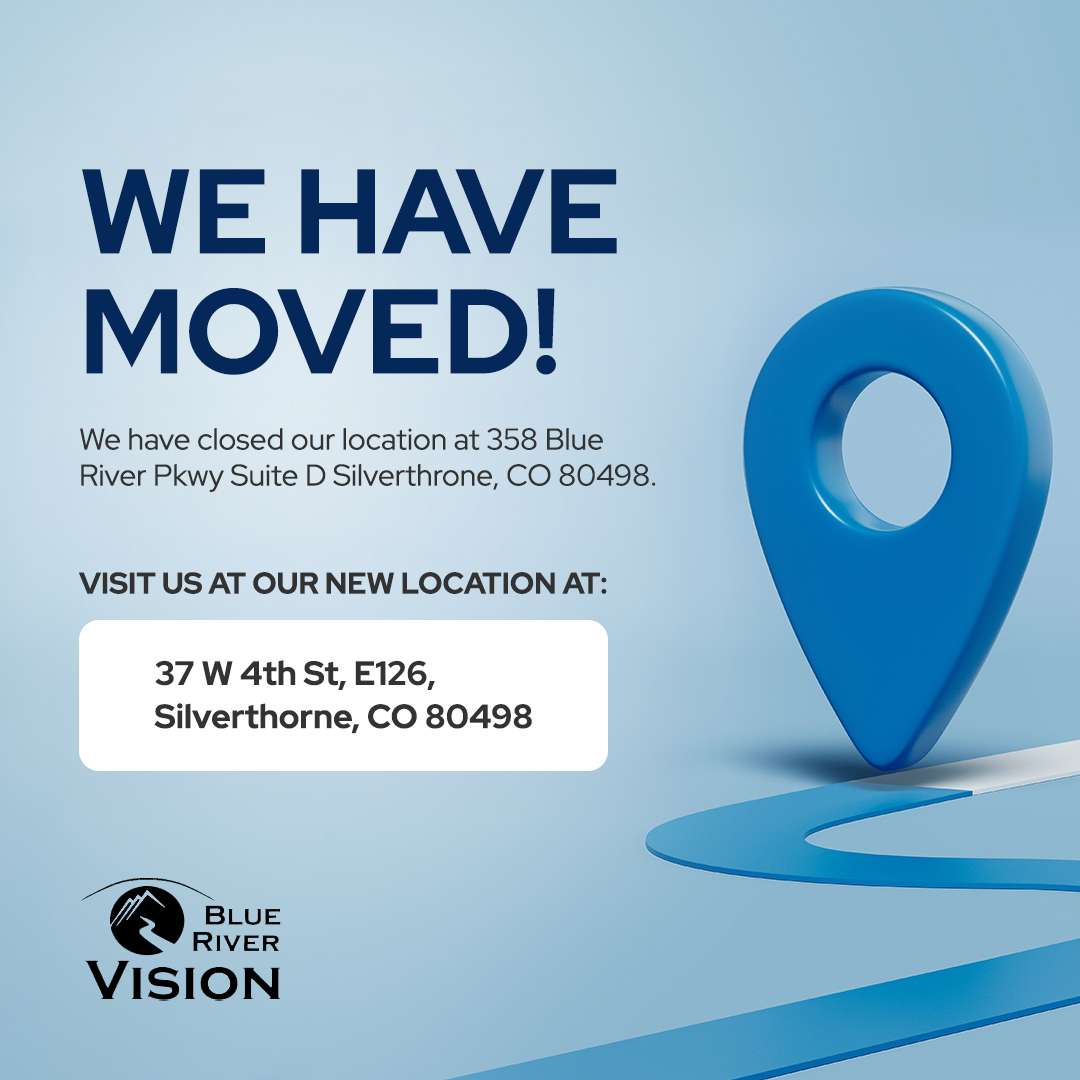
Sun protection isn’t only important for your skin. It is also something that should be a priority for your eyes. It doesn’t matter whether it’s summer or winter, the sun produces UV rays all the time, even on cloudy days. And in fact, sun can reflect off of ice and snow and enhance the effects of UV exposure, putting your eyes at even greater risk of damage – unless you protect them properly.
Here's what you need to know about how the sun and UV light affect your eyes and what you can do to protect them.
Eye Problems Caused By UV Light
Unfortunately, prolonged and long-term exposure to the light from the sun without adequate protection can cause a variety of problems for your eye health and your vision. These include, but aren’t limited to:
Cataracts
The World Health Organization has estimated that up to 20% of cataracts worldwide may be the result of overexposure to UV radiation. Essentially, this means that 1 in 5 people with cataracts could have had their condition prevented by wearing the right eye protection. Cataracts are a condition caused by the clouding of the natural lens of the eye, which happens when the proteins usually dispersed evenly across it start to clump together. It’s a progressive condition, meaning it will get worse over time. Unfortunately, there is no way of reversing this, the only treatment is to have cataract surgery. Cataract surgery involves removing the clouded lens and replacing it with an artificial version.
Macular Degeneration
Also known as age-related macular degeneration or AMD for short, this condition affects a patch of sensitive cells at the back of the eye called the macula. Macular degeneration occurs when these cells start to break down – something which studies suggest accelerates with exposure to UV radiation. Since the macula is responsible for central vision, fine detail and color, patients with AMD can quickly find it hard to do simple things like watch television, read, drive and even recognize faces. Unfortunately, there’s no cure for AMD, only treatment to slow its progression.
Skin Cancer
The skin around the eyes is very sensitive and so it’s ill-advised to put sunscreen to close to the eye itself. Unfortunately, this puts it at particular risk of forming cancerous cells. The best way to prevent this happening is to make sure that you wear adequately protective sunglasses. The larger they are and the closer they sit to your face, the less UV light they will let in around them, keeping your eyes safer.
Pterygium
Also known as surfer’s eye, a pterygium is a raised, wedge-shaped growth of conjunctival tissue (the pink tissue that lines the inner eye socket and eyelid) that extends onto the cornea. Pterygium’s can grow large enough to obstruct your vision and may require surgery to remove them.
Protecting Your Eyes From The Sun and UV Light
Unsurprisingly, short of staying out of the sun altogether, the best way to protect your eyes from UV damage is to wear sunglasses. The sun emits three types of UV light, but only two reach us here on earth. These are UVA and UVB. Both can cause severe damage to the eyes, so it’s always best to choose eyewear that offers protection from both. You can ensure this by checking the label or sticker that comes with your sunglasses, which should provide information as to how effective they are. Obviously, opt for a variety that offer 99-100% protection against both types of UV light.
The style of your sunglasses can make a difference too. Those that fit closely to the face will be less likely to let sun in around the sides and over the top, providing additional protection particularly for the skin around your eyes. Many people prefer wraparound styles for maximum comfort and protection. If you have a pair of existing sunglasses and you aren’t sure how protective they are, your eyecare provider may be able to test them for you. And if you usually wear prescription glasses, you could opt for tinted/prescription sunglasses instead.
For more on the effects of the sun and UV light on your eyes, call Blue River Vision at (970) 451-0015 to reach our office in Silverthorne, Colorado.





